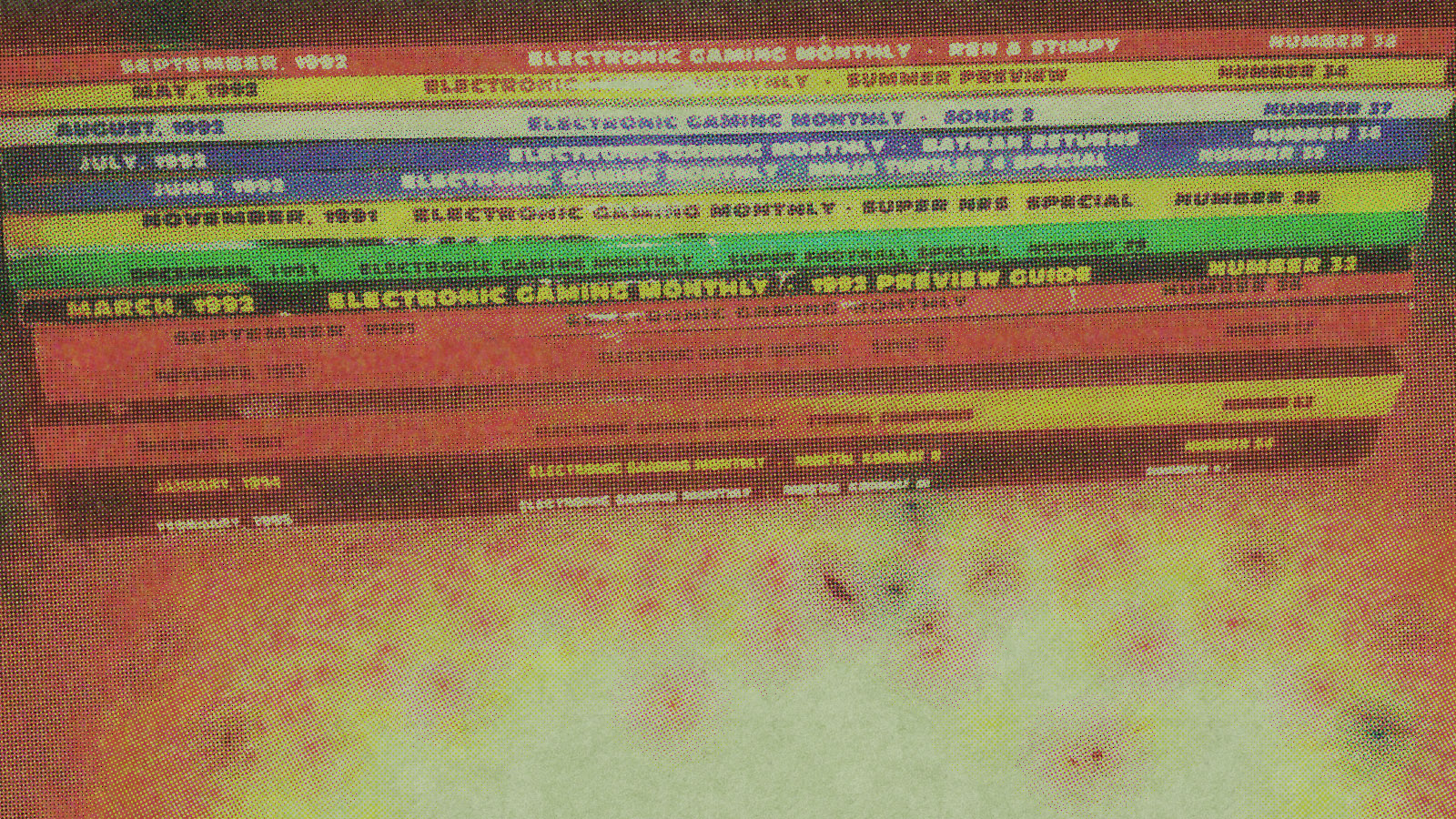
The Keyboard
A Lesson for Wall Street
In July, a pair of dicta from stock experts caused the videogame field to shudder. The first was an analyst’s widely quoted opinion that Walt Disney’s motion picture Tron was doomed to fail at the box office; the second was another firm’s pronouncement that “interest in videogames may have crested,” and therefore the stock of Atari’s parent company Warner Communications was not as choice as before.
Looking first at Tron, it was not the runaway hit for which Disney had been hoping. Nor was it the masterpiece which many of us had been expecting, the characters totally subservient to the landscape. But what miraculous landscape it was!
The Atari opinion is more outrageous. To imply that videogames have saturated the market — they’re in a mere fifteen percent of American homes, under two percent internationally — exhibits less knowledge about technology than about simple mathematics. However, since technology is the common denominator in both reports, that will be the focus of this issue’s mini-course for Wall Street, Progress 101.

Scientific innovations are the least understood of the many advances which affect our society. Change of any sort makes people uncomfortable, but they grudgingly accept most of it: football coaches who trade a star player for a promising rookie are cursed by fans but otherwise lauded for “looking ahead”; the merits of revolutionary art or literature are debated with spirit but rarely dismissed outright as trash. Only technology gets a preordained thumbs-down, whether researchers have split the atom, spliced a gene, or landed a robot on Mars.
The reason for this excoriation is simple. Science is not something we choose to support or ignore. It automatically and often drastically alters the way we live our daily lives.
This happens as a result of two factors.
First, science rarely causes a gradual change. In a single lifetime we learned to fly and went to the moon; electricity was barely harnessed before we were using it to project moving pictures and, hard upon, to bring radio and TV into every household. Science can be extremely disorienting.
Second — actually a corollary of the first — science rarely causes minimal change. The internal combustion engine forever replaced the horse, and the surgical scalpel may have met its match in the laser. Home movies are being supplanted by home video. Science creates new ways of life, it does not merely burnish the old ways.
Which brings us back to Tron, Atari and their detractors.
Tron is not just a motion picture, it’s a landmark. The film has flaws, as do most works which map new artistic terrain. Yet, anyone with an ounce of vision would applaud the achievement of animation by computer and encourage its future application.
As for Atari, it doesn’t take a clairvoyant to recognize that videogames are no fad, their penetration of our homes in its infancy. New hardware and software are being developed by Atari and other companies, equipment which will put videogames (read: computers) in every home where there’s a television. One has only to look at adventures such as Ulysses and the Golden Fleece (page 49) to see that videogames are maturing and destined to be the most popular entertainment medium of the future — the near future, in case you’re concerned about your investments.
None of which is to imply that malice was intended on the part of the analysts. They were doing their jobs. The problem is that they did so without creativity or inspiration.
Persons who work in the stock market like to label their views as “bullish.” We submit that often only part of the adjective is correct.
It’s easy to become discouraged by bad press, particularly when you know it to be so much rot. It’s natural to want to stop blazing trails when the folks back home yawn at your best efforts. Be assured, though, that when the Disneys and Ataris stop trying, the world will come to a dull, agonizing halt.
As consumers, we have the right to criticize. However, we must be quite certain that when we do so it is with perception and imagination rather than chronic short-sightedness.
Jeff Rovin
Editor-in-chief




